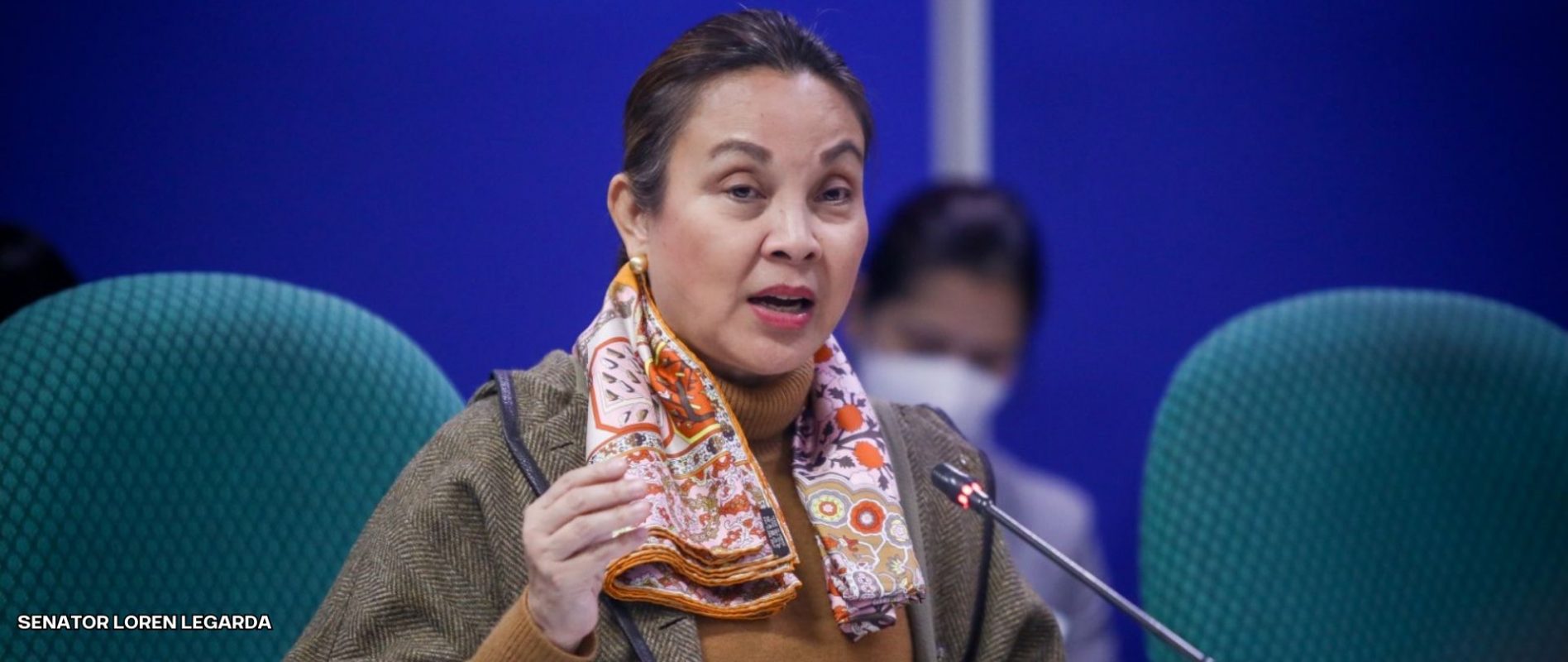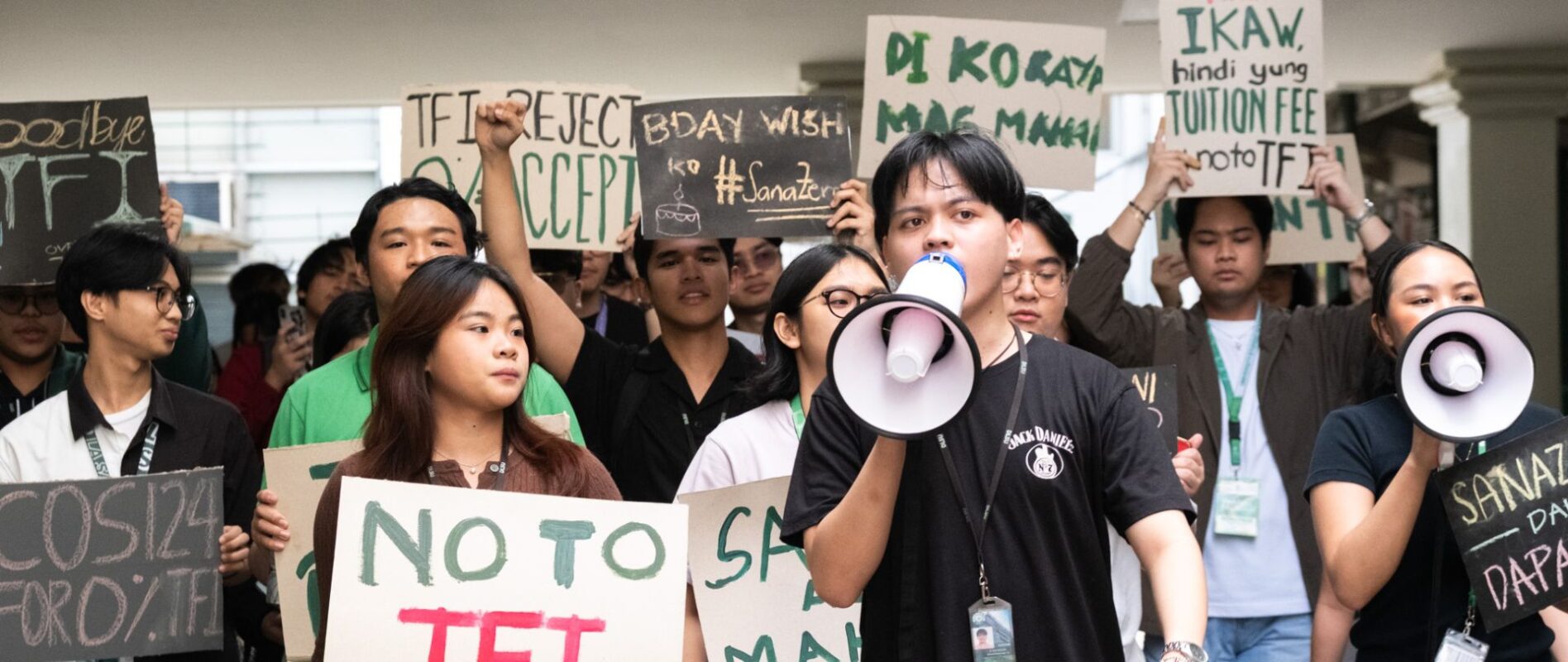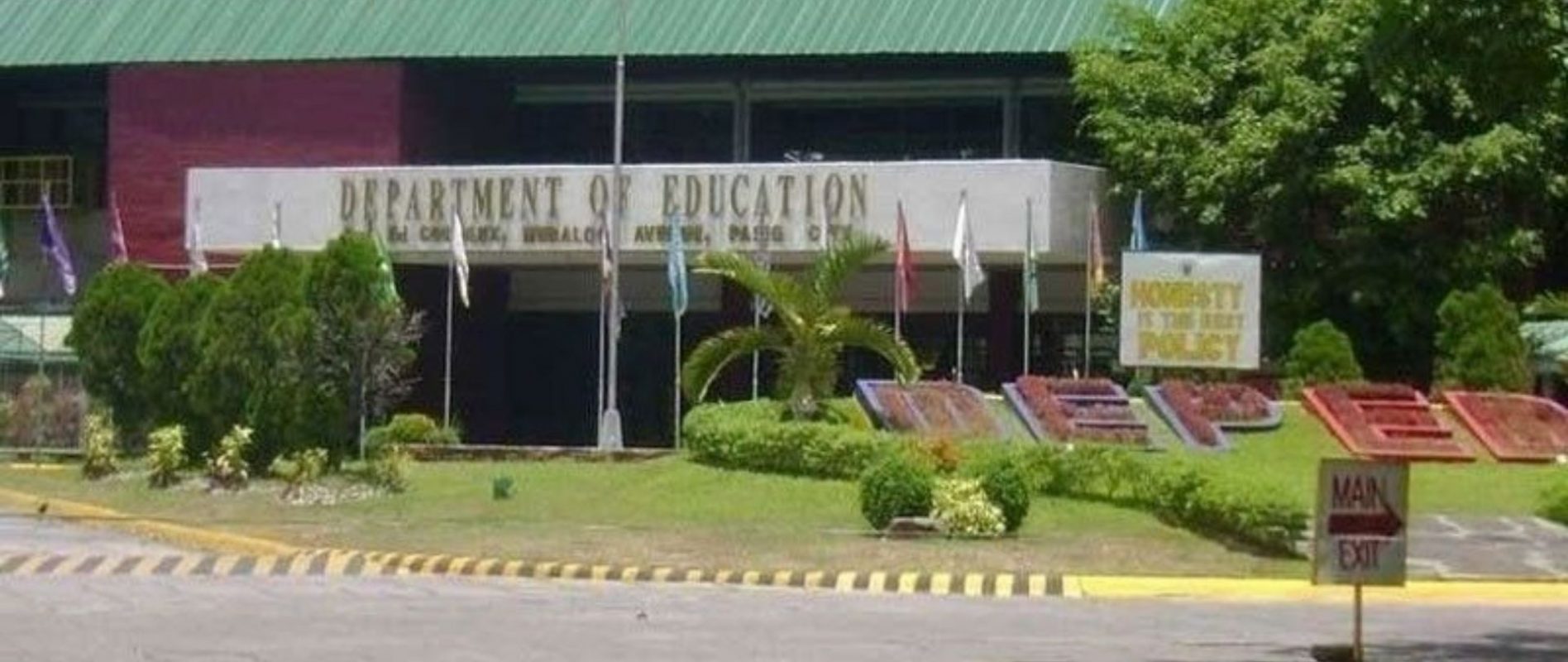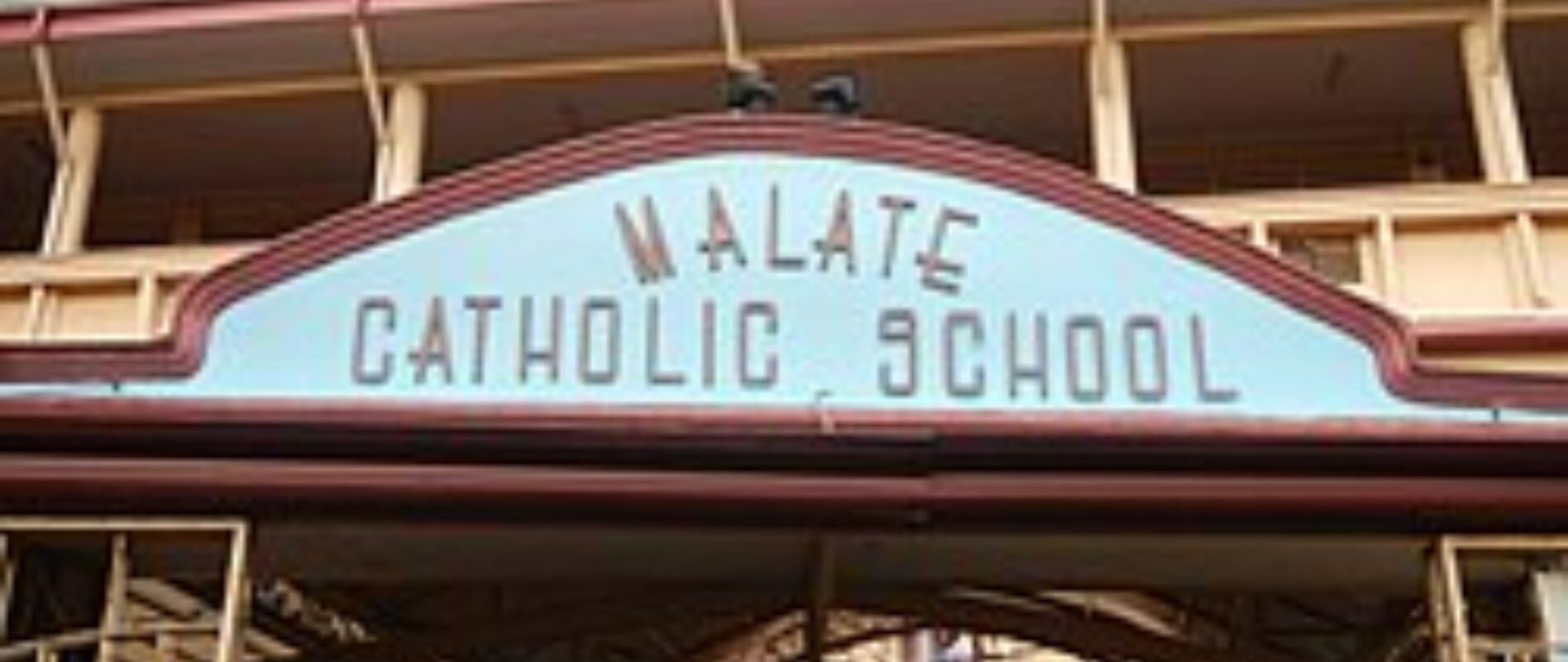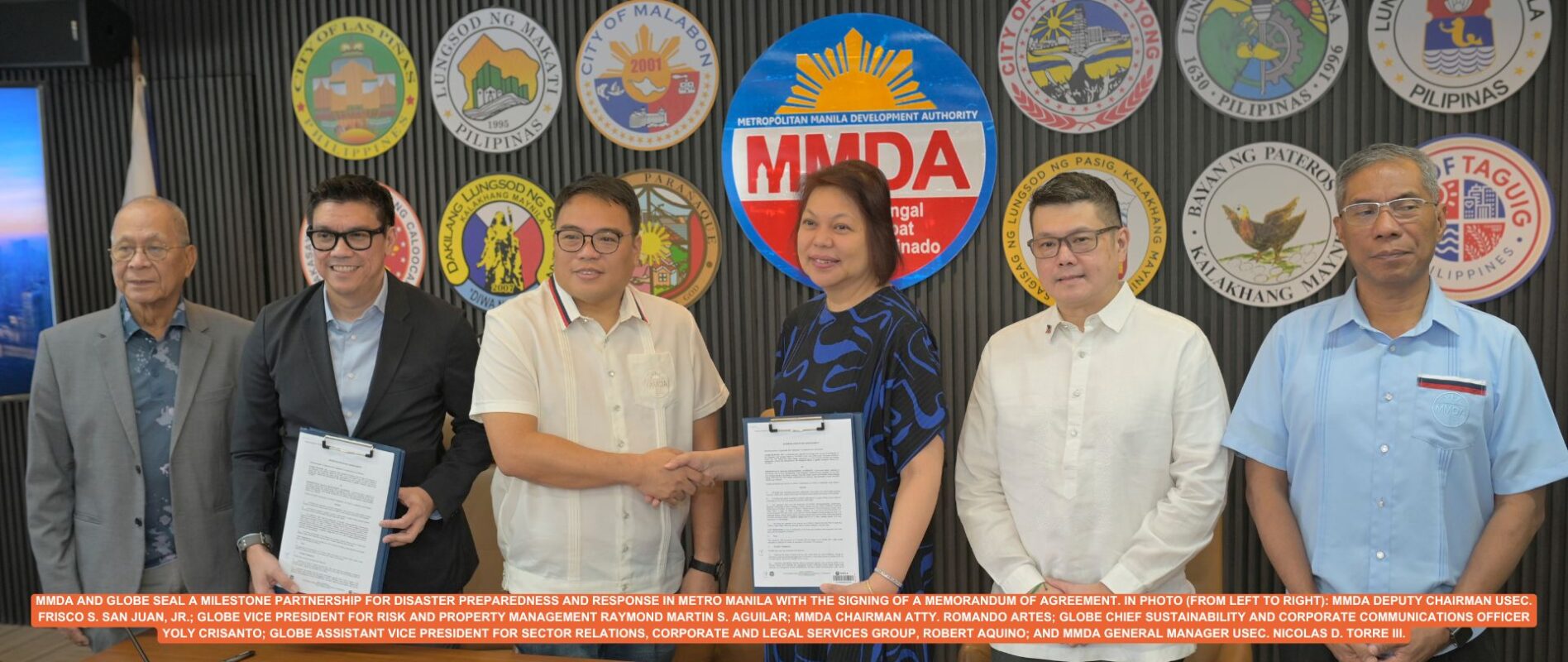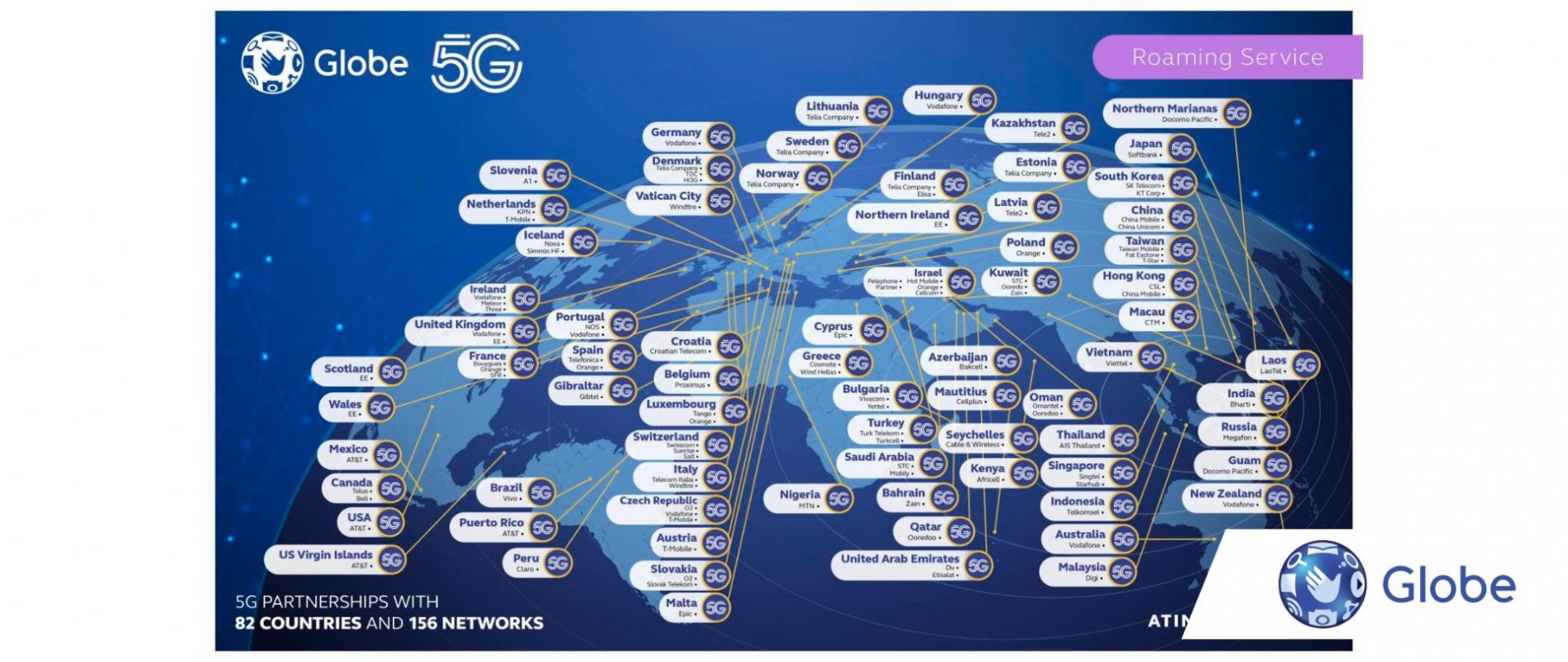LAWMAKER PUSHES FOR 24/7 LATE-NIGHT LEARNING HUBS IN CITIES
SENATOR Loren Legarda has filed a measure seeking to establish 24/7 Late-Night Learning Hubs in highly urbanized and first-class component cities to provide students with safe, sustainable, and accessible study spaces.
Under Senate Bill No. 795, or the proposed Late-Night Learning Hubs Act, covered cities would be required to set up at least one public library or study hub that remains open 24 hours a day, seven days a week.
Legarda noted that many students are forced to study in coffee shops, fast-food chains, and convenience stores that may not always be safe, affordable, or conducive to learning.
“Public libraries must evolve with the times. We need to provide students with free and safe spaces where they can focus on their studies without added financial burden or exposure to late-night risks,” she said in her explanatory note.
The hubs will feature broadband internet, charging stations, study desks, and clean restrooms. They must also comply with green building standards, including solar panels, energy-efficient lighting, and water conservation systems.
To ensure accessibility, hubs will be located near public transport stops and integrated with active transport facilities such as bike racks and walkways. They will also adopt gender-responsive and disability-inclusive designs, with trained security personnel and anti-harassment protocols in line with the Safe Spaces Act.
The bill mandates collaboration among the Department of Education, Department of Information and Communications Technology, Department of the Interior and Local Government, and the National Library of the Philippines to provide technical and digital support. Local government units will handle planning, funding, and operations, while the DILG will submit annual progress reports to Congress.
Legarda emphasized that the hubs are not only about accessibility but also about sustainability.
“By integrating green design and cultural sensitivity into public libraries, we can create spaces that support education, respect our heritage, and align with our climate goals,” she said.
If enacted, the law would modernize the country’s library system, first established under Republic Act No. 7743 in 1994, to meet the demands of a digitally connected, knowledge-based society.

